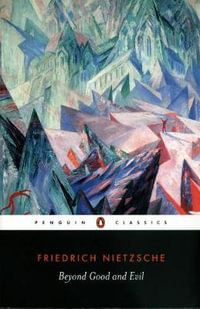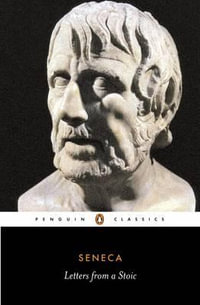| Preface to the Second Edition | p. viii |
| Acknowledgements | p. ix |
| Introduction | p. 1 |
| Where do we start? | p. 1 |
| Premises | p. 2 |
| Forms of rational justification | p. 3 |
| Critiquing arguments | p. 6 |
| Beyond demolition | p. 8 |
| Becoming a philosopher | p. 9 |
| Theory of Knowledge | p. 11 |
| What is the theory of knowledge? | p. 11 |
| Rationalism | p. 12 |
| Empiricism | p. 15 |
| Foundationalism | p. 17 |
| The tripartite account of knowledge | p. 20 |
| Against the tripartite account | p. 23 |
| The nature of belief | p. 25 |
| Scepticism concerning knowledge | p. 29 |
| Scepticism concerning perception | p. 32 |
| Realism | p. 36 |
| Idealism | p. 36 |
| Phenomenalism | p. 38 |
| Kant and the Synthetic A Priori | p. 39 |
| The Sapir-Whorf Hypothesis | p. 41 |
| Objectivity and relativism | p. 43 |
| Conclusion | p. 47 |
| Moral Philosophy | p. 52 |
| What is moral philosophy? | p. 52 |
| The divisions of moral philosophy | p. 54 |
| Morality and realism | p. 55 |
| Non-cognitivism | p. 56 |
| The role of reason | p. 57 |
| Prescriptivism | p. 58 |
| Deontological and consequentialist ethics | p. 61 |
| Virtue ethics | p. 64 |
| Utilitarianism | p. 66 |
| Kantian ethics | p. 69 |
| Aristotelian ethics | p. 71 |
| Animal rights | p. 72 |
| Abortion | p. 74 |
| Euthanasia | p. 76 |
| Approaches to applied ethics | p. 77 |
| Conclusion | p. 78 |
| Philosophy of Mind | p. 81 |
| What is the philosophy of mind? | p. 81 |
| Dualism | p. 83 |
| Arguments against dualism | p. 85 |
| Behaviourism | p. 88 |
| Arguments against behaviourism | p. 91 |
| Physicalism | p. 93 |
| Functionalism | p. 95 |
| Non-reductive materialism and epiphenomenalism | p. 98 |
| Eliminativism | p. 101 |
| Other minds | p. 103 |
| Personal identity | p. 105 |
| Personhood | p. 109 |
| The problem of free will | p. 112 |
| Conclusion | p. 115 |
| Philosophy of Religion | p. 120 |
| What is the philosophy of religion? | p. 120 |
| What is God? | p. 121 |
| The problem of evil | p. 122 |
| Faith and reason | p. 124 |
| Betting on God | p. 127 |
| The status of religious language | p. 128 |
| The ontological argument | p. 131 |
| The cosmological argument | p. 133 |
| The teleological argument | p. 134 |
| Religious experience | p. 137 |
| Miracles | p. 140 |
| God and morality | p. 142 |
| Conclusion | p. 143 |
| Political Philosophy | p. 147 |
| What is political philosophy? | p. 147 |
| Liberalism | p. 148 |
| Socialism | p. 150 |
| Conservatism | p. 152 |
| Anarchism | p. 154 |
| Freedom | p. 156 |
| Justice | p. 159 |
| Rights | p. 162 |
| Tolerance | p. 164 |
| The justification of the state and its authority | p. 168 |
| Laws and law-breaking | p. 170 |
| Justifications for punishment | p. 172 |
| Conclusion | p. 174 |
| Aesthetics | p. 178 |
| What is aesthetics? | p. 178 |
| What counts as art? | p. 178 |
| Art as imitation | p. 181 |
| Conventions and representation | p. 183 |
| Art as expression | p. 185 |
| Art as form | p. 188 |
| Art and society | p. 190 |
| Authorship and meaning | p. 194 |
| Art and morality | p. 196 |
| Conclusion | p. 199 |
| Glossary | p. 204 |
| Further Reading | p. 205 |
| Index | p. 206 |
| Table of Contents provided by Ingram. All Rights Reserved. |

























